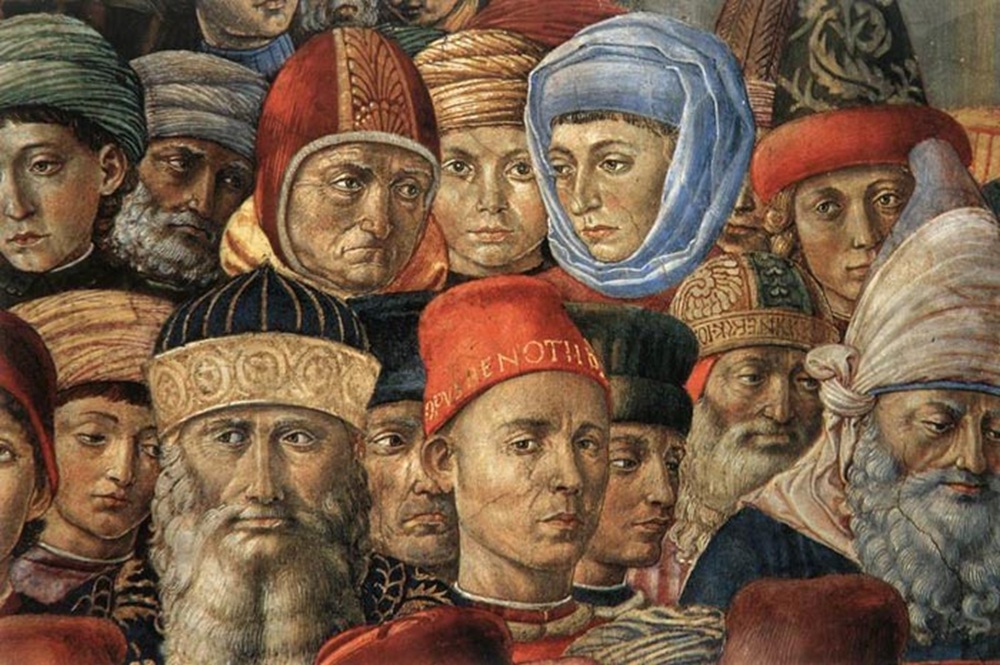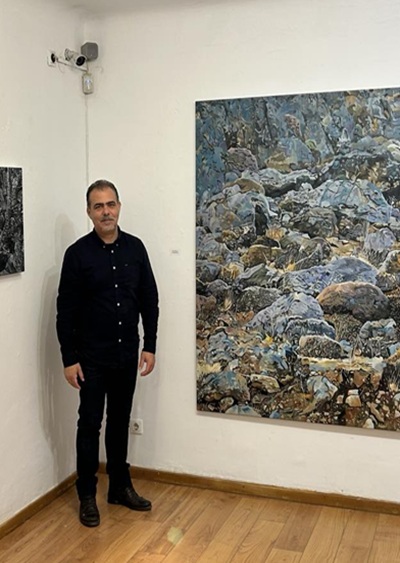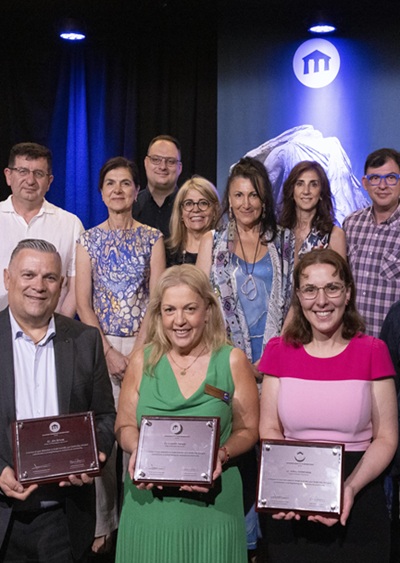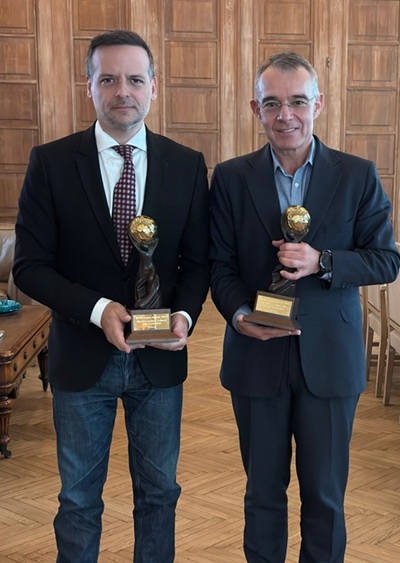
We tend to think of modern science as arising through a break with religious ways of thinking, associating it with 18th century rationalism or with the atheistic materialism of the 19th century. It’s hard to imagine that the great shift towards modern mathematical science was way back in the early 1400s among those who pursued wisdom as a devotional path to divinity. Stranger still is to imagine that an Eastern Orthodox delegation to a Western church council might have accelerated this scientific revolution. Yet the arrival of Gemistos Plethon at the Council of Florence in 1438 did just that. Bearing Greek manuscripts of Plato, Plethon proceeded to define a break with old school Aristotelianism by teaching that the divine mathematical forms are to be found expressed in the movement of the stars, and across the whole of nature. Plethon and other Eastern visitors invigorated the spirit of this Platonic revival that drove the advances of Leonardo de Vinci, of Luca Pacioli, and then of Copernicus, Galileo and Kepler. In this lecture we consider the extent to which the Italian Renaissance might have begun in Plethon’s circle, before he left for Florence, back in the hilltop city of Mystras overlooking ancient ruins of Sparta.
BIO
Bernie Lewin is a founding director of the Platonic Academy of Melbourne. He has published widely in the history of science, including on the Platonic foundations of mathematics. Enthusiastic Mathematics: Reviving Mystical Emanationism in Modern Science is an historical introduction to Platonic science published by the Academy in 2018.
Event Details:
When: Thursday 7 August 2025, 7pm
Speaker: Bernie Lewin
Seminar: From Mystras to Florence: Gemistos Plethon and the Eastern influence on the Western Renaissance
Where: Greek Centre (Mezzanine, 168 Lonsdale St, Melbourne)
Language: English







Leave A Comment